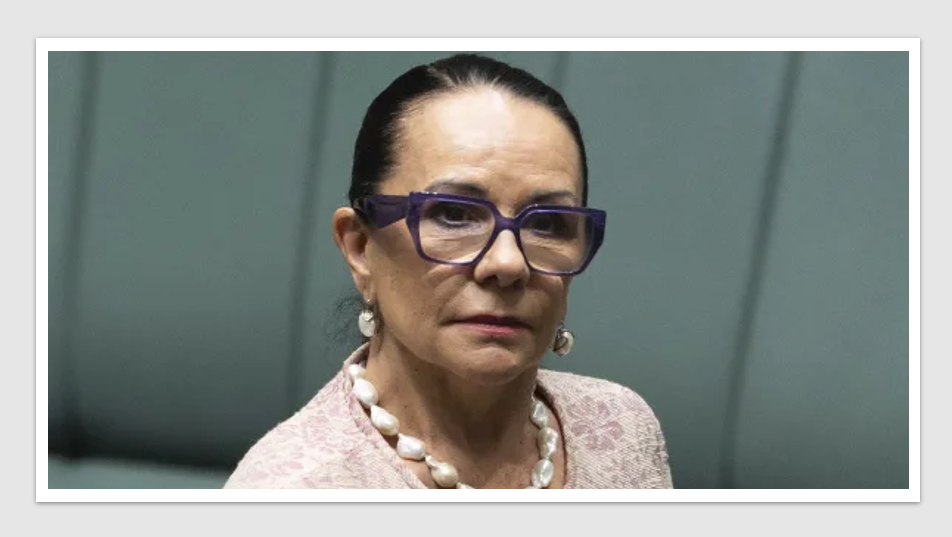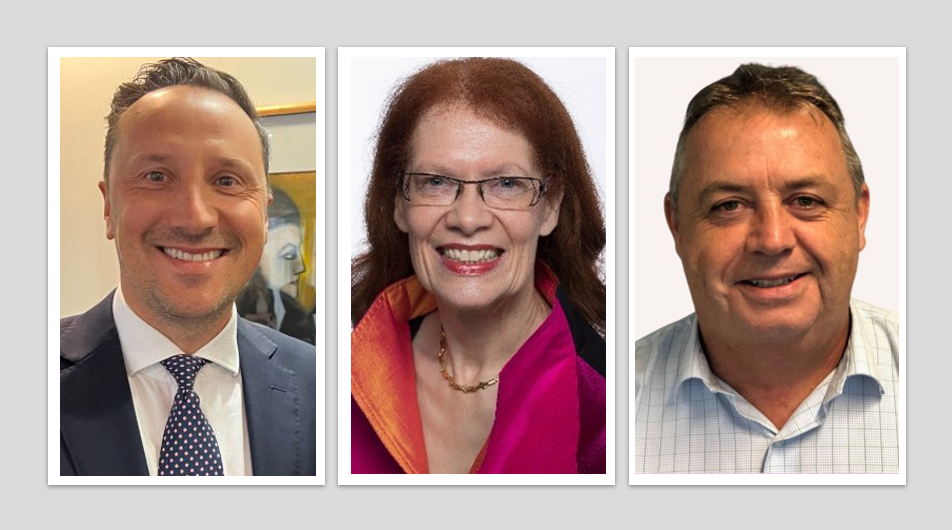News & Trends - Pharmaceuticals
No progress in closing the life expectancy gap for Indigenous Australians

The Productivity Commission has unveiled the latest data on the Closing the Gap targets, shedding light on the state of initiatives aimed at reducing disparities between First Nations people and the broader Australian population. While some improvements are evident, the overall picture reveals that only 5 out of 19 targets are currently on track.
The report delivers sobering news on the fact that no progress has been made in closing the gap on life expectancy, with Indigenous Australian males and females projected to live 8.8 and 8.1 years less than their non-Indigenous counterparts. The targets to reduce the number of children in out-of-home care and adult imprisonment are also off track, with the latter worsening.
Reacting to the data, Indigenous Australians Minister Linda Burney expressed a nuanced perspective, stating, “It is encouraging to see improvements in the number of babies born at a healthy birth weight as healthy birth weight helps to lay foundations for lifelong health. But the new data on 8 targets shows there is still a long way to go.”
This news follows last month’s damning assessment by the Productivity Commission, which criticised governments for failing to fulfil their commitments outlined in the National Agreement on Closing the Gap. The review asserted that governments have “largely not fulfilled their commitments” and continued to operate under business-as-usual models, failing to grasp the necessary magnitude of change.
The commissioners stressed that without fundamental change, the agreement is destined to fail. Recommendations include redirecting the trajectory through improved power sharing, recognising and supporting Indigenous data sovereignty, rethinking mainstream government systems and culture, and implementing stronger accountability measures.
One glaring issue identified in the report is the lack of appropriate consequences for governments in the event of failure to meet their commitments.
Senator Malarndirri McCarthy, Assistant Minister for Indigenous Health, underscored the urgency of the situation, stating “The latest data indicates we are making progress in some areas, but this is not enough to carry through to other positive life outcomes for First Nations people. We need to do more to address the unacceptable results we continue to see, such as the number of children in out-of-home care and incarceration rates for First Nations youth and adults.”
 In reimagining healthcare across the entire patient journey, Health Industry HubTM is the only one-stop-hub bringing the diversity of Pharma, MedTech, Diagnostics & Biotech sectors together to inspire meaningful change.
In reimagining healthcare across the entire patient journey, Health Industry HubTM is the only one-stop-hub bringing the diversity of Pharma, MedTech, Diagnostics & Biotech sectors together to inspire meaningful change.
The content on Health Industry Hub is copyright protected and should only be accessed under individual user licenses. To subscribe, please click here and visit T&Cs here.
Human Resources

Medtronic HR Director deep dives into shifting workplaces and leadership trends: International HR Day
People & Culture: Coinciding with International HR Day, Karen Newell, Senior HR Director for ANZ at Medtronic, joined Health Industry […]
MoreNews & Trends - MedTech & Diagnostics

Aussie medtech reveals new data on next-gen pulsed field ablation system for atrial fibrillation
MedTech & Diagnostics News: An Australian-based medtech company announced promising results from the first-in-human study for its pulsed field ablation […]
MoreNews & Trends - MedTech & Diagnostics

Federal budget delivers ‘mixed news’ for radiologists
MedTech & Diagnostics News: The Royal College of Australian and New Zealand Radiologists (RANZCR) and the Interventional Radiology Society of […]
MoreNews & Trends - Pharmaceuticals

AstraZeneca, BMS and Noxopharm address findings of inquiry report into rare cancers
Pharma News: The Senate Community Affairs References Committee has released its inquiry report into Equitable access to diagnosis and treatment […]
More